First of Its Kind
Breakthrough Intervention Fights Cognitive Decline
NeuroEM® is the first to receive Breakthrough Device status from the FDA to treat Alzheimer’s disease
Half a million Americans
are diagnosed with Alzheimer’s every year.
This devastating illness is among the costliest conditions to society and its prevalence is growing rapidly.
There is no cure
and the limited treatment options are ineffective and difficult for patients.
Five of the eight FDA-approved drugs do not affect the underlying brain changes that cause symptoms. None are right for all patients.
Exercise, mind-stimulating activities, and music- and art-based therapies may help maintain overall quality of life – if patients can comply.
Ongoing research exploring the use of monoclonal antibodies, new drug combinations, and other potential pharma options remain uncertain.

NeuroEM Technology
Using Transcranial Electromagnetic Treatment leveraging Radio Frequencies (TEMT-RF), NeuroEM breaks up beta-amyloid and p-tau, the toxic proteins at the root of Alzheimer’s.
Like Post-It Notes and penicillin, NeuroEM originated from a surprise in the lab.
What began as an experiment expecting negative effects instead turned into a revolutionary breakthrough—one that could reshape how neurodegenerative diseases are treated, moving beyond pharmaceuticals to a non-invasive, technology-driven approach.
Clinical Study Conclusions:






